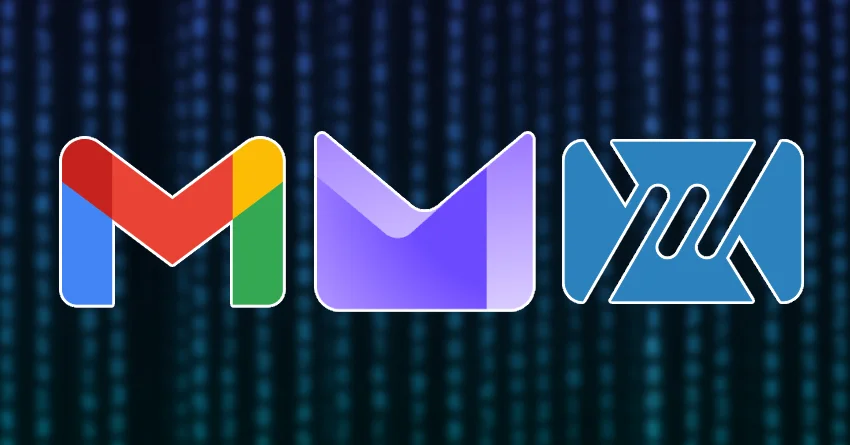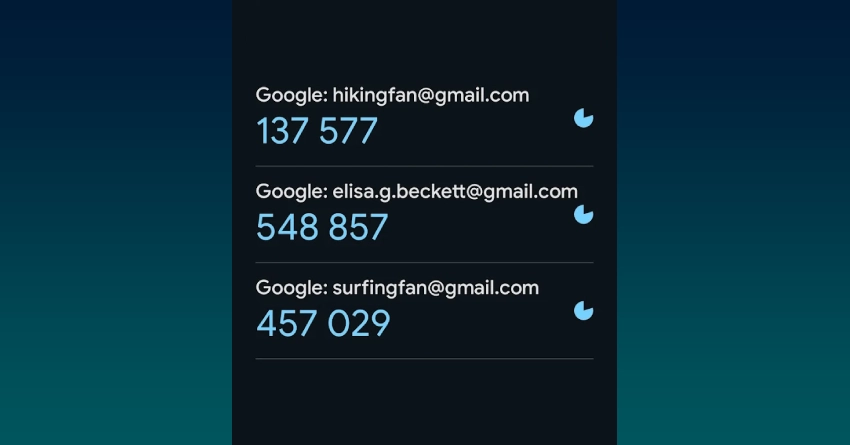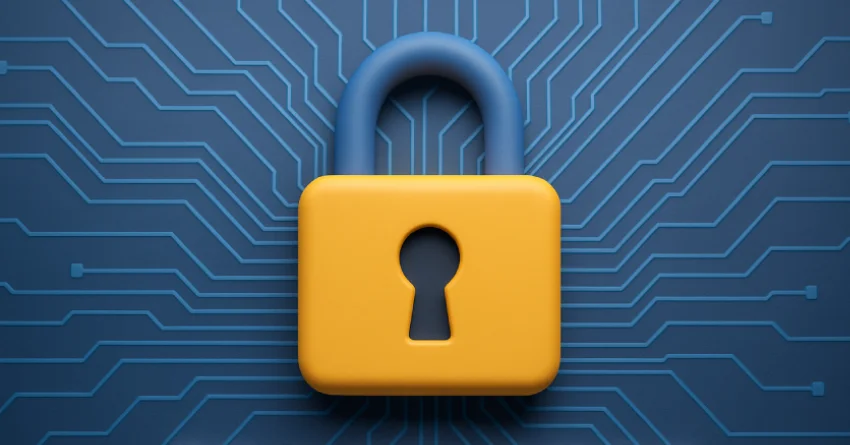Email is one of the most widely used communication tools globally, with billions of people relying on it daily. Yet despite its importance, email also comes with major risks: phishing, data breaches, account hijacking, and government surveillance. This raises an essential question: which email service is the most secure?
The short answer is that not all email providers are created equal. Some are built with security and privacy at their core, while others prioritize convenience, integration, or monetization. We’ll look at the factors that define email security, explain why Proton Mail often leads the pack, and then walk through the Top 5 most secure email services—including mainstream options like Gmail.
What Does “Secure” Really Mean?
When people ask which email service is “most secure,” they sometimes confuse security with privacy. The two are related but not identical:
- Security means your emails are protected against hackers, cybercriminals, and unauthorized access. Strong encryption, spam filters, phishing detection, and login protection (like two-factor authentication) all fall under security.
- Privacy means your emails are safe from unnecessary corporate or government access. A provider may keep your account secure from hackers but still scan your messages for advertising or store your data for legal requests.
For a provider to be considered truly secure, it should balance technical protection with respect for user privacy.
Why Proton Mail Often Leads
Among security-focused providers, Proton Mail frequently ranks as the top choice. Founded in Switzerland by scientists at CERN, Proton Mail was designed to provide end-to-end encryption and zero-access architecture. This means that not even Proton can read your emails. Combined with Switzerland’s strong privacy laws, it has become the go-to email for journalists, activists, and users who need maximum protection.
But Proton Mail isn’t the only option. Let’s look at the five providers worth considering.
Top 5 Most Secure Email Services
1. Proton Mail (Most Secure Overall)
Highlights:
- End-to-end and zero-access encryption
- Based in Switzerland, with strong legal privacy protections
- Open-source apps and regular security audits
- Extra tools like Proton Calendar, Proton Drive, and Proton VPN
Proton Mail is the closest thing to a “gold standard” for secure email. It encrypts messages so that only you and the recipient can read them, supports self-destructing messages, and integrates with other privacy-focused Proton services. The fact that Proton is open-source also adds transparency, since the wider security community can verify its claims.
If your main priority is protecting sensitive data or ensuring no one—including your email provider—can read your messages, Proton Mail is the best option available today.
2. Tuta (formerly Tutanota)
Highlights:
- End-to-end encryption covering not only emails but also subject lines, contacts, and calendar
- Based in Germany, fully GDPR-compliant
- 100% open-source and community-audited
- Pioneering post-quantum encryption to prepare for future threats
Tuta sets itself apart by offering full mailbox encryption. While many providers encrypt the message body, Tuta extends encryption to metadata like subject lines and contacts. This gives users a much higher degree of privacy. Germany’s strict privacy laws add another layer of legal protection.
For users who want a provider that goes the extra mile in encrypting everything—even against future quantum computing risks—Tuta is a very strong contender.
3. Mailfence
Highlights:
- OpenPGP-based encryption and digital signatures
- Based in Belgium, with strong EU privacy protections
- Offers calendar, contacts, and file storage alongside email
- Compatible with external clients via IMAP/POP
Mailfence combines strong encryption with practical features. Unlike Proton or Tuta, it stores private keys on its servers—but encrypted—allowing for easier key recovery. Some privacy purists dislike this approach, but for many users it balances security with usability.
Mailfence also includes digital signatures, letting you verify the authenticity of messages, which is crucial in business or legal contexts. It’s a good choice for users who want secure communication without sacrificing too much convenience.
4. Gmail
Highlights:
- Advanced phishing, malware, and spam protection
- Industry-standard TLS encryption for emails in transit
- Strong account security with 2FA, passkeys, and suspicious activity monitoring
- Seamless integration with Google Workspace
Adding Gmail to this list may surprise some privacy enthusiasts, since it’s not typically mentioned alongside Proton or Tuta. However, Gmail deserves recognition for security at scale. Google has some of the world’s most advanced defenses against phishing, malicious attachments, and account takeovers. Features like machine learning–driven spam filters and strong login protections mean Gmail accounts are very difficult for hackers to compromise.
Where Gmail falls short is privacy. Google doesn’t offer default end-to-end encryption, and while it has reduced email scanning for ads, it still collects metadata and user activity for personalization and ecosystem integration. In short: Gmail is extremely secure but less private.
For users who value strong protection against cybercrime but are less concerned about corporate data handling, Gmail is a safe and convenient choice.
5. Posteo
Highlights:
- Anonymous sign-up (no personal information required)
- Based in Germany with strong legal privacy safeguards
- Encrypts data at rest and in transit, with DNSSEC/DANE support
- Eco-friendly infrastructure powered by renewable energy
Posteo appeals to users who want both security and ethical business practices. It supports strong encryption, offers anonymous payment options, and refuses to log IP addresses. Unlike Gmail, it won’t track you for ads or analytics. If you want privacy without giving up usability—and like supporting ethical tech companies—Posteo is an excellent option.
Final Ranking Overview
- Proton Mail – Best for maximum privacy and encryption
- Tuta – Best for full mailbox encryption and future-proofing against quantum risks
- Mailfence – Best balance of encryption and practical features
- Gmail – Best mainstream provider for account security, but weaker on privacy
- Posteo – Best for anonymous sign-up and eco-friendly operations
Key Takeaways
- Proton Mail remains the top recommendation for users who need uncompromising privacy and security.
- Tuta is a strong alternative, especially for those who want open-source encryption across everything.
- Mailfence balances usability and encryption, making it ideal for professionals.
- Gmail shines when it comes to protecting accounts from hackers but doesn’t match privacy-first providers.
- Posteo offers a privacy-friendly, ethical option with strong anonymity protections.
Final Thoughts
No single email service is “perfect” for everyone. The most secure provider for you depends on your needs:
- If you want total privacy from corporations and governments, Proton Mail or Tuta are your best bets.
- If you want a practical but private alternative, Mailfence or Posteo strike a good balance.
- If you want rock-solid mainstream security with smooth integration into everyday apps, Gmail remains a reliable—if not privacy-focused—option.
At the end of the day, choosing a secure email provider isn’t just about locking down your inbox. It’s about taking control of your digital footprint, minimizing risks, and aligning with a service whose values match your own.



